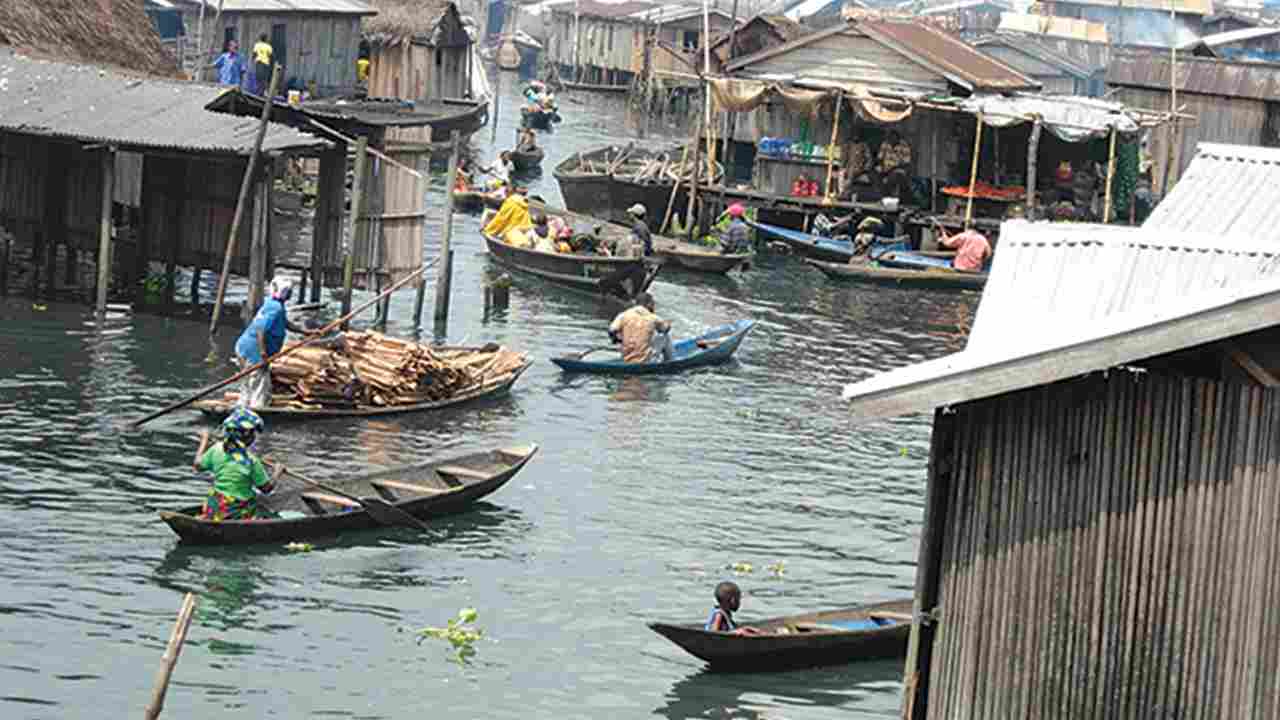A lecturer at the University of Lagos, Dr. Basirat Oyalowo, has identified participative co-production as the key to successful urban regeneration in the country.
Oyalowo, who is the Research Manager at the Centre for Housing Studies, stated this while speaking at the fourth edition of Lafarge Africa’s public policy thought-leadership series, Concrete Ideas, held on the November 30, 2021 and titled “PPPS in Urban Regeneration: Global Best Practices, Nigerian Opportunities.”
“Co-production is about ensuring that the urban regeneration project no matter the scale is co-produced by the people it is meant to serve – the end-users as well are partners on the project,’’ she said.
According to her, the people living in communities that are to be regenerated must not be invited after the project has been completed. ‘They should be part of the planning- it is only then that you can be sure that they will use what you build for them.’ Regeneration projects succeed when everyone recognises that the people living in the communities that are being regenerated are key stakeholders,” Oyalowo said.
This, she said, has the potential of reconciling the needs and rights of the people living in these settlements before the rebuilding and remodeling exercise.
Oyalowo further explained that one of the ways to do this is through asset mapping. According to her, an asset mapping exercise should be conducted that establishes the number of existing residents and the assets owned by everyone. “This exercise will reveal what they are lacking and the amenities they need to be able to live, work and play in that neighbourhood.”
In his remarks, the Minister of Works and Housing, Babatunde Raji Fashola, who led renowned stakeholders in the discussions, said that acute housing deficit all over the world is mainly an urban phenomenon and that historically, cities all over the world have partnered with private investors to transform slums, boost the stock of housing and provide economic opportunities to urban dwellers.
Fashola said: “Our government is committed to exploring tested strategies to alleviate Nigeria’s housing challenges.”
The Chairman of Lafarge Africa Plc, Prince Adebode Adefioye, said: “Urban degeneration is a global challenge that can be solved through urban regeneration projects resulting in the advancement of socio-economic and technological development of economies including the creation of more efficient transportation systems, sustainable livelihoods, employment generation, foreign investment, healthier citizens.”
Adefioye expressed the belief that regeneration projects could “nurture vibrant hubs for the creative and digital economy”, thus enabling Nigeria to scale up the multimillion dollar investments the country’s technology sector is attracting.
The company’s Country Chief Executive Officer, Mr. Khaled El Dokani, expressed gratitude for the continuous support and engagement of thought leaders from the private and public sectors, to ensure continuous dialogue between the public and private sectors on real estate, infrastructure and construction.
“More than 80 per cent of global Gross Domestic product (GDP) is generated in cities. Making our cities more livable and more productive is thus one of the best strategies for growing our economies and improving the welfare of millions of our people,” El Dokani said.
He pointed out that the world’s greatest cities today were once marred by slums and urban regeneration projects have helped global cities attain their status.
The Country CEO of Lafarge explained that successful urban regeneration required an “integrated approach” and this is why Lafarge assembled architects, economists, finance professionals, lawyers, sociologists etc. to discuss the potential of urban regeneration in Nigeria and provide workable, action-oriented solutions.




